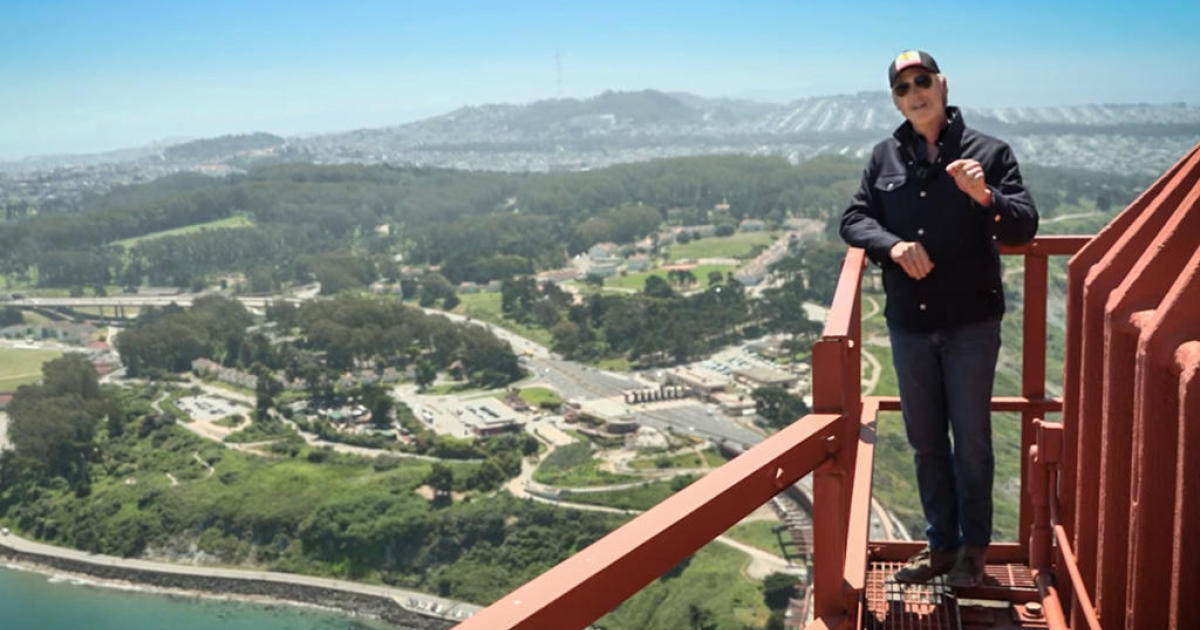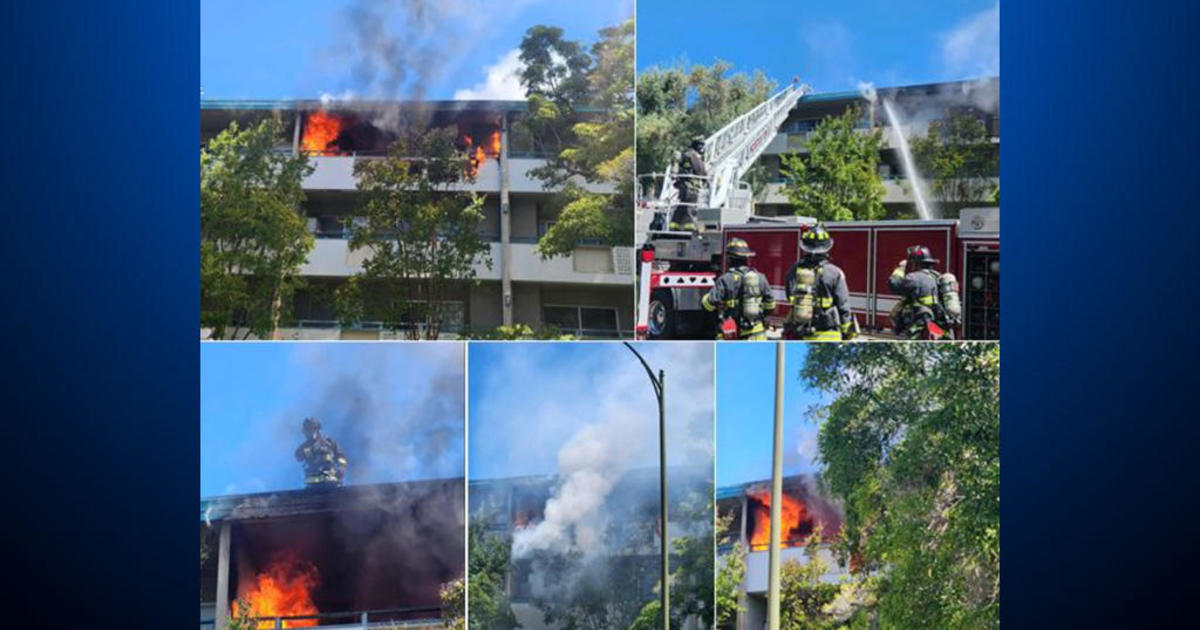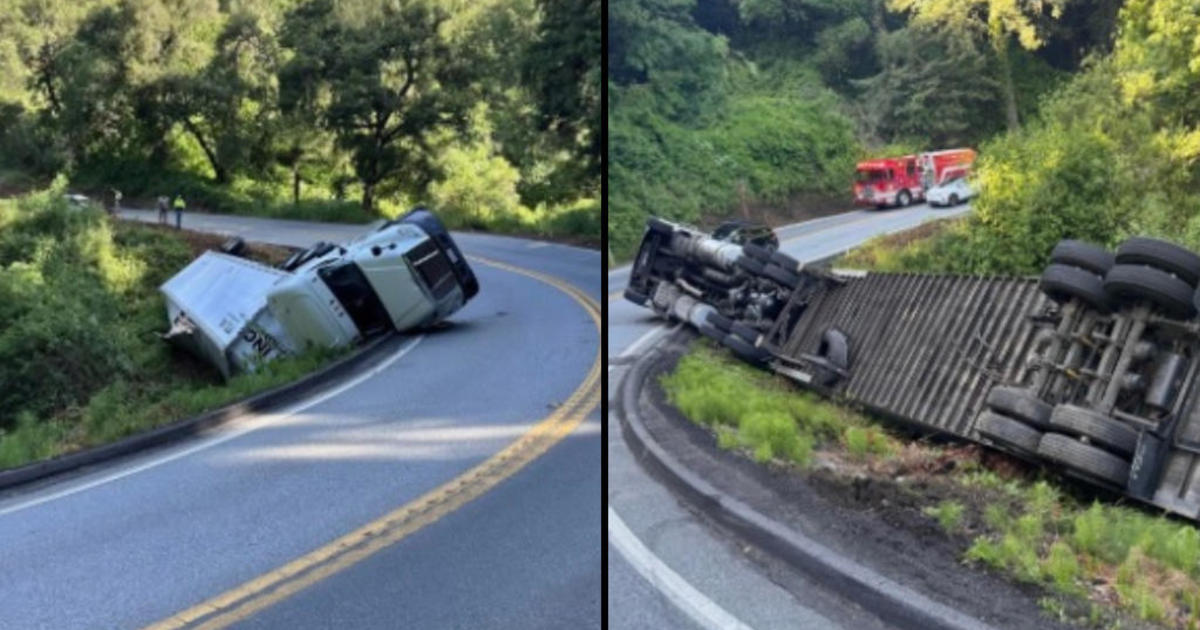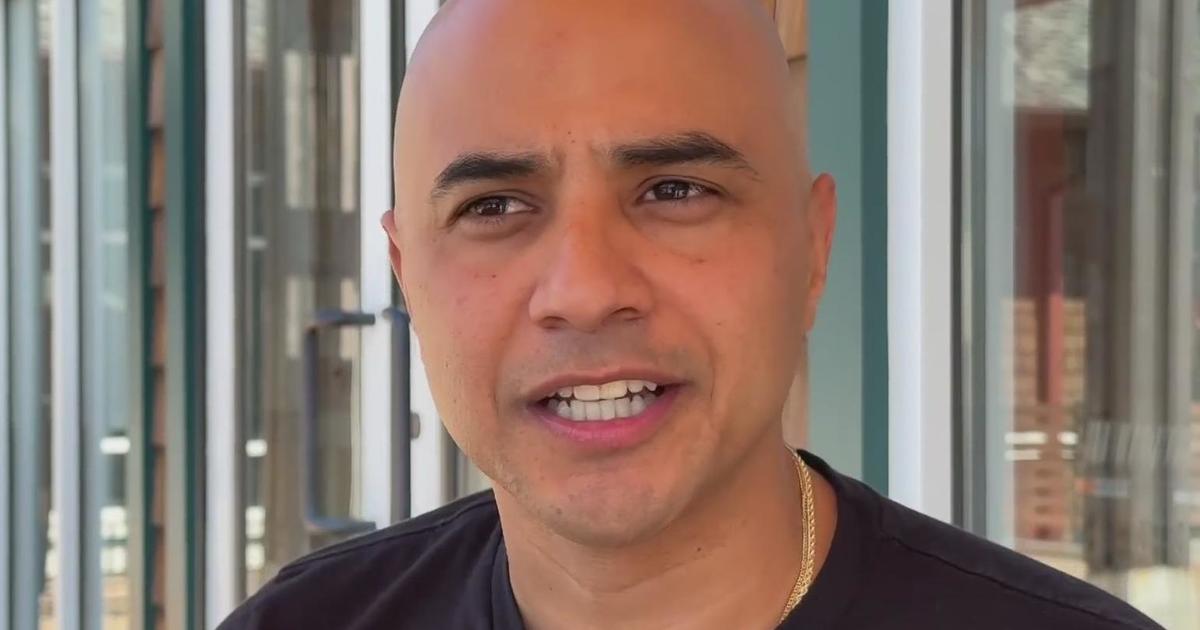COVID-19 Reopenings: Contra Costa County Officials To Delay July 1 Bar Reopenings
CONCORD (CBS SF) -- Contra Costa County Supervisor Candace Andersen says she and her colleagues will heed Gov. Gavin Newsom's warning and not give local bars approval to reopen on July 1.
On Sunday, alarmed at increases in new cases and hospitalizations, Newsom ordered bars that have opened in seven California counties to immediately close and urged eight others including Contra Costa and Santa Clara to follow suit voluntarily.
"We were slated to open them on July 1, but given the governor's announcement, we will definitely not be opening bars on July 1st," Andersen told KPIX, citing contact tracing as one of the biggest challenges.
"It is very difficult in a bar where you have lots of people interacting," she continued. "Whereas in other settings, a workplace, even a hair salon where you know who's coming, who's going, where you can then alert them when they have been exposed to someone with COVID-19."
Justin Crossley, owner of The Hop Grenade in Concord, agreed.
"I think it's for the good of all," he said. "We're trying to keep things as safe as possible. I realize we have to open up. But i think if we can just get closed again for not following the rules, that's a problem too."
Contra Costa County officials had already hinted they are going to delay some re-openings on Friday. Andersen said they will make an official announcement Monday.
Authorities in Santa Clara said they'll announce an update mid-week in time for the upcoming July 4th holiday weekend.
The counties under the mandatory bar closure order are: Los Angeles, Fresno, San Joaquin, Kings, Kern, Imperial and Tulare.
State officials asked eight other counties -- Contra Costa, Santa Clara, Sacramento, Riverside, San Bernardino, Ventura, Santa Barbara and Stanislaus — to issue local health orders closing bars.
"Californians must remain vigilant against this virus," Newsom said in statement. "COVID-19 is still circulating in California, and in some parts of the state, growing stronger. That's why it is critical we take this step to limit the spread of the virus in the counties that are seeing the biggest increases."
"In these environments, alcohol consumption reduces inhibition and impairs judgment, leading to reduced compliance with recommended core personal protective measures, such as the mandatory use of face coverings and the practice of social and physical distancing."
On Saturday, the state reported a rise of nearly 6,000 confirmed virus cases from the day before. Nearly 5,900 people have died from coronavirus complications in the state. The number of infections is thought to be far higher because many people have not been tested, and studies suggest people can be infected with the virus without feeling sick.
The list of counties impacted by Sunday's order was based on daily reports on the spread of the virus, state officials said. Counties that have been on the state's watch list for between three and 14 days are being asked to close bars through local health orders. Those on the state's watch list for more than 14 days are required to immediately close any bar that has reopened for business.
"We are actively monitoring COVID-19 across the state and working closely with counties where there are increased rates and concerning patterns of transmission," the state public health officer, Dr. Sonia Angell, said. "Closing bars in these counties is one of a number of targeted actions counties are implementing across our state to slow the virus' spread and reduce risk."
The order comes as California grapples with a rise in positive coronavirus cases, especially among younger adults, following social gatherings over Memorial Day weekend, reopened businesses in many places, including restaurants, fitness centers and hair salons, and widespread street protests against police brutality.
For most people, the new coronavirus causes mild or moderate symptoms, such as fever and cough that clear up in two to three weeks. For some — especially older adults and people with existing health problems — it can cause more severe illness, including pneumonia, and death.



